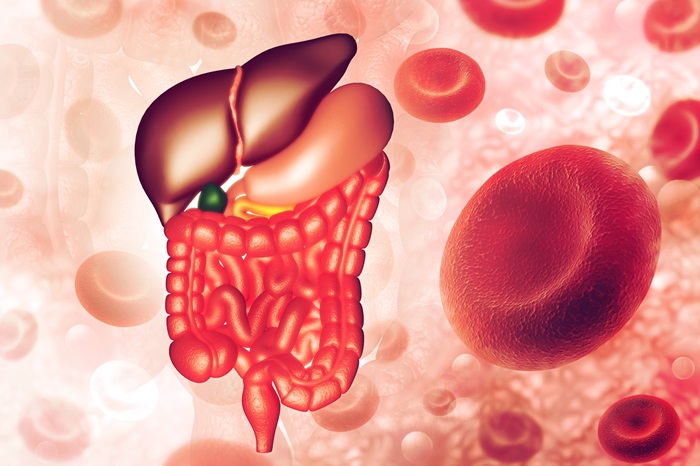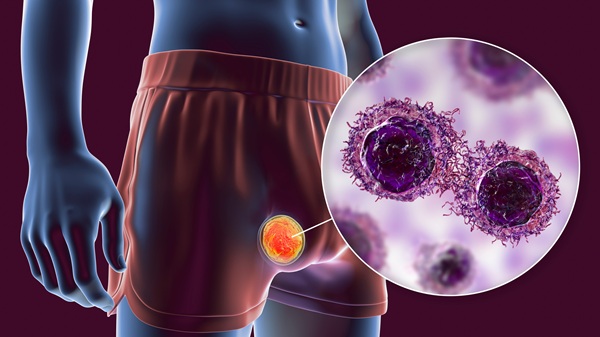Protein Patterns in Blood Can Predict IBD As Early As 16 Years Before Diagnosis
Posted on 27 Nov 2024

Inflammatory bowel disease (IBD) is particularly challenging because it can progress for years without showing symptoms, leading to damage in the gastrointestinal tract before treatment begins. Now, scientists have discovered specific protein patterns in blood that can predict IBD up to 16 years before it is diagnosed. This is especially true for Crohn’s disease, which can be detected with remarkable accuracy.
Researchers at Örebro University (Örebro, Sweden) analyzed nearly 800 blood samples and identified distinct protein patterns that differentiate healthy individuals from those who later develop Crohn’s disease or ulcerative colitis. Their findings revealed that a particular combination of 29 proteins could predict Crohn’s disease with high accuracy. In contrast, predicting ulcerative colitis proved to be more difficult. The study showed that changes in protein patterns could be detected in individuals with Crohn’s disease as early as 16 years before diagnosis. According to the research published in Gastroenterology, the results emphasize that proteins related to intestinal barrier function and the immune system play a critical role in understanding the development of Crohn’s disease.
“We’ve taken an important step towards us being able to predict and prevent these diseases at a very early stage in the future,” said Jonas Halfvarson, professor of gastroenterology at Örebro University, and lead researcher of the study. “By discovering these markers long before symptoms make themselves known, we can potentially intervene earlier and hopefully improve quality of life for those individuals that risk developing IBD.”














